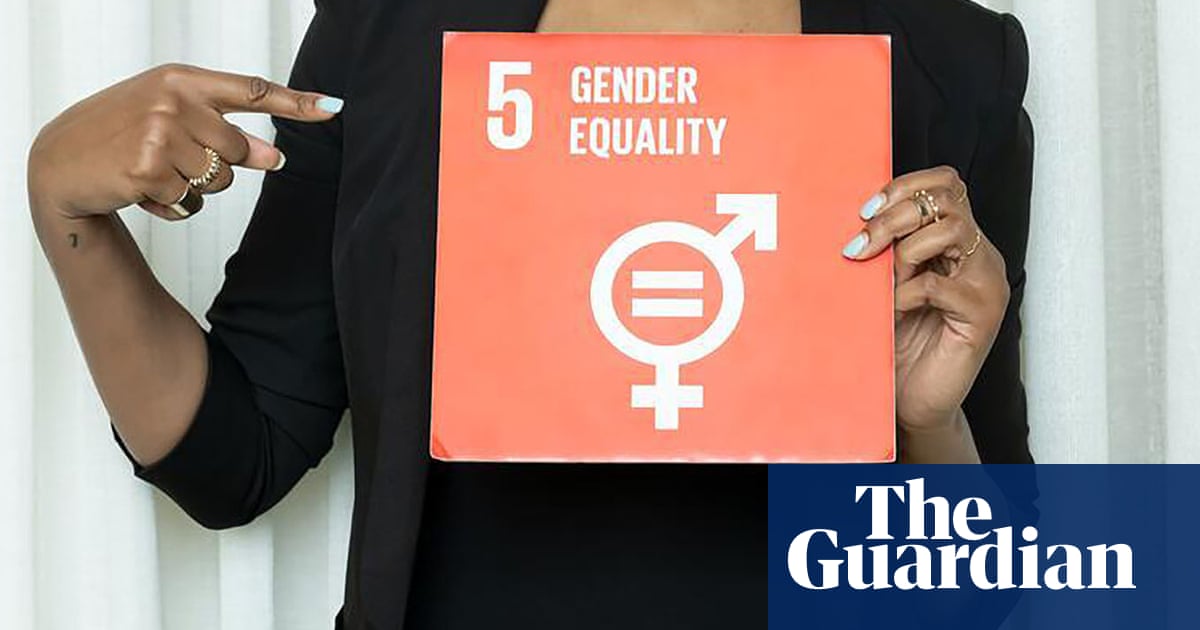
Efforts by the UK government to achieve gender equality through its aid programmes need to be better managed and more transparent, according to the financial watchdog.
The National Audit Office (NAO) said the Department for International Development’s (DfID) 12-year gender equality strategy was wide-ranging, but did not have a long-term, costed, implementation plan, limiting “its ability to assess progress and consider value for money”.
In a report published on Wednesday, the NAO said DfID did not have “an accurate grasp of which of its programmes have a gender equality focus and how much it spends on them”.
In 2018, when the department launched its strategy, it estimated that two-thirds of bilateral aid, £4.2bn, was spent on programmes that targeted gender equality as a policy objective – 71% more than in 2011.
However, the watchdog said its analysis showed that 33% of this money had been incorrectly classified.
“Inaccuracy in DfID’s gender-marked data means that DfID does not have an accurate grasp of which of its programmes have a gender equality focus and how much it spends on them, limiting its ability to monitor progress against its 2018 strategic vision,” said the report.
The watchdog recommended DfID publish a plan for implementing its strategy setting out key milestones and planned achievements in the short, medium and long term.
The NAO also questioned the department’s efforts to address harmful social norms – the unwritten “rules” that govern behaviour and actions. DfID has recognised that addressing social norms will have the most long-term impact on tackling gender equality, but how it works may restrict progress, said the report. ‘“Programmes can have a relatively short-term life cycle, and there is often little scope for evaluating the impact of the programme in the years following completion,” it said.
The department’s approach, which involved the use of outside contractors, meant the involvement of smaller, local organisations was limited, the report added, which “could mean that women’s rights organisations and smaller non-governmental organisations, some of which DfID supports financially, are unable to receive DfID funding. In their opinion, they are often best-placed to address successfully harmful social norms in the community.”
Gareth Davies, the head of the NAO, said: “DfID’s commitment to tackling gender inequality is ambitious and wide-ranging. Two years into the department’s 12-year vision, individual interventions are already improving the lives of women and girls overseas.
“However, if DfID is to achieve its ambitious aims, it needs to develop a clearer long-term plan for implementing its vision and continue to take steps to improve the accuracy and transparency of its performance information.”
Meg Hillier, chair of the public accounts committee, added: “DfID should be congratulated for setting an ambitious vision to tackle gender inequality by 2030.
“However, good intentions are not enough. DfID hasn’t set milestones to check if it is on the right track, or assessed how its local offices balance competing priorities. It doesn’t even have accurate information about which projects are supposed to be reducing gender inequality.”
DfID said it would take on board some of the recommendations, including publishing a long-term plan for its partners with key milestones for achieving gender equality by 2030. It also said it would publish a progress report on its work every two years.
A spokesperson said: “The NAO rightly recognises the department’s work to promote girls’ education, challenge child marriage, end female genital mutilation and tackle sexual violence around the world.
“Our evidence-based approach allows us to quickly respond to constantly changing global challenges, such as coronavirus, so we can direct our life-saving support to wherever it is needed most.”












